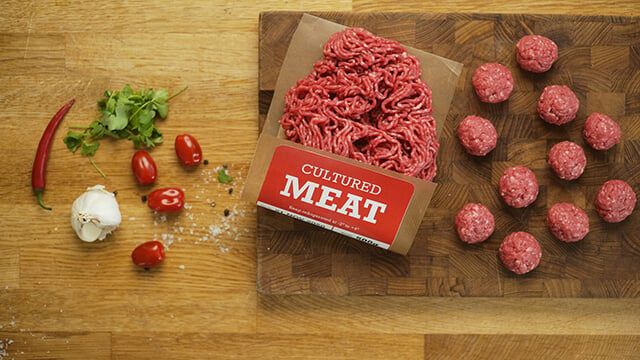
Advances in biotechnology are revolutionizing the food industry, leading to the rise of smart food and lab-grown meat, which promise to reshape how we produce and consume food. These innovations are not only driven by sustainability concerns but also by the ethical implications of traditional animal farming.
Key Benefits of Smart Food and Lab-Grown Meat:
- Environmental Impact: Traditional animal farming contributes significantly to greenhouse gas emissions, deforestation, and water usage. Lab-grown meat, produced in a controlled environment, offers a more resource-efficient alternative. Studies show that lab-grown meat can cut down on carbon emissions by up to 90% compared to conventional livestock farming.
- Ethical Considerations: Lab-grown meat eliminates the need for slaughtering animals, addressing growing concerns over animal welfare and cruelty in industrial farming practices.
- Sustainability: Cultured meat uses fewer resources and produces less waste. It could help meet the food demands of a growing global population without the strain on land and water resources that conventional agriculture requires.
Examples of Smart Food Innovations:
- Lab-grown Meat: Companies like Eat Just and Upside Foods have pioneered the production of cultured chicken and beef.
- Algae-based Proteins: Brands like Sophie’s Bionutrients are developing algae-based protein powders as sustainable food alternatives.
Chart: Environmental Comparison of Lab-Grown Meat vs. Traditional Meat
| Impact | Traditional Meat | Lab-Grown Meat |
| Greenhouse Gas Emissions | High | 90% lower |
| Land Use | Large | Significantly reduced |
| Water Consumption | High | 90% lower |
| Animal Welfare | Ethical concerns | No slaughter required |
Lab-grown meat and smart food technologies are key to reducing the food industry’s environmental footprint while providing ethical, sustainable alternatives to traditional food production methods. As these innovations continue to scale, they could become mainstream in the near future, making our food systems more resilient and humane.
Conclusion:
Lab-grown meat and smart food technologies offer sustainable, ethical solutions to global food challenges. By reducing environmental impact, conserving resources, and eliminating animal slaughter, they provide a more humane and eco-friendly alternative to traditional farming. As these innovations scale, they could transform the future of food production for the better.
Follow us on INSTAGRAM – https://www.instagram.com/virenbrew/
Follow us on TWITTER (X) – https://x.com/VIRENbrew
Follow us on LINKEDIN – https://linkedin.com/in/viren-brew-230415328/
Follow us on FACEBOOK – https://www.facebook.com/profile.php?id=61565127137999
Follow us on YOUTUBE – https://www.youtube.com/@VIRENbrew

No responses yet